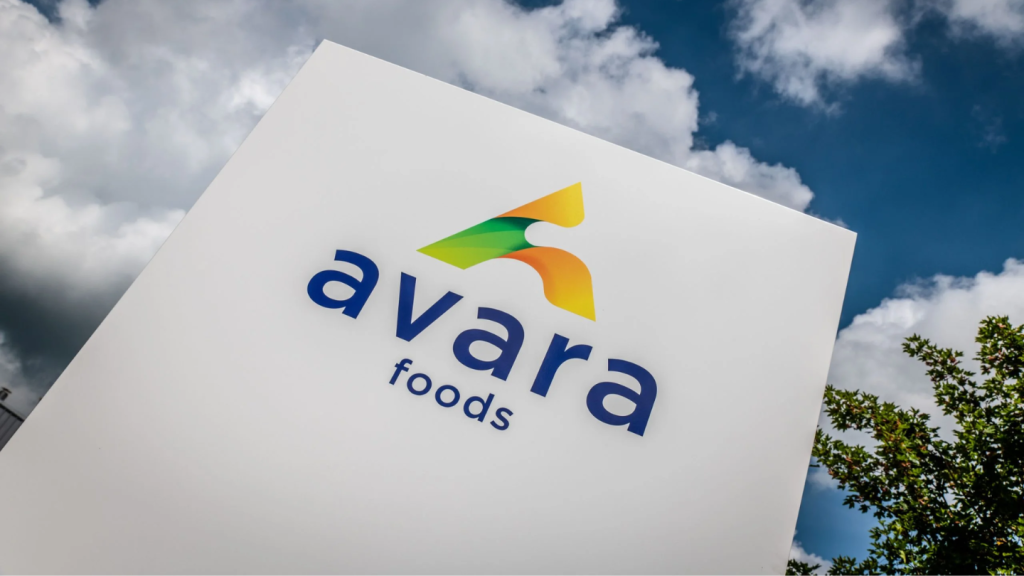A compensation claim has been launched against UK-based poultry group Avara Foods for allegedly damaging a major river and its catchment area.
Solicitors Leigh Day have launched a legal claim “worth hundreds of millions of pounds” against the chicken business co-owned by agri-food giant Cargill for damages around the River Wye, covering a 4,000 square-kilometre area in Powys, Herefordshire and Monmouthshire, near the England-Wales border.
The legal firm claims Avara’s “industrial scale chicken farming in the River Wye catchment area is polluting the River Wye and surrounding land”.
Leigh Day said that there is evidence to show that Avara is a chief contributor to phosphorous pollution which is damaging the fourth-largest river in the UK.
The claim alleges that the “scale of the operations of large corporate poultry producers is generating significant quantities of phosphorous-rich manure which leach into the soil and into the river”. Leigh Day added that this is raising phosphorous levels in the water which cause algal blooms which result in odour, insect swarms, biodiversity loss and water quality reduction.
The firm said: “The River Wye has been at the forefront of a major expansion of the chicken industry in the UK. Between 2013 and 2017 the number of birds in Herefordshire rose by one-third and researchers estimate the area now houses 23 million or more birds at any one time, generally concentrated in very large poultry units.
“The largest poultry processor is Avara, which is reportedly responsible for 80% of the birds in the River Wye catchment area. It is believed that a significant factor in the increase in poultry production in the region after 2018 was in order to meet the chicken meat demands of Tesco, a customer of Avara Foods.”
People who can join the claim will be those with land or property that surrounds the River Wye and who belong to the community surrounding the Wye, possibly accounting for tens of thousands of people, Leigh Day claimed.
Leigh Day partner Oliver Holland said: “We consider that the significant decline in the health of the River Wye over the last few years is clearly linked to the significant increase in intensive poultry farming in the main brought about by Avara Foods.
“The lives and livelihoods of those living in the River Wye area are being significantly impacted only to the benefit of Avara Foods, a subsidiary of US multinational Cargill Plc. This destruction of one the UK’s most beautiful natural areas cannot continue, which is why we are bringing this legal action.”
On Avara’s website, the company wrote: “We've committed to play our part in the restoration of the River Wye by taking accountability for the poultry manure that originates from our supply chain.”
It added that “reversing the decline of the river is beyond the means of any single organisation”.
In response to Leigh Day’s claims released today (19 March), A spokesperson for Avara said the group was confident that there was no case to defend.
A statement said: “This is a year-old, opportunistic attempt to profit from a serious environmental issue. It has no merit and is not supported by evidence or expert opinion. It ignores the long-standing use of phosphate-rich fertiliser by arable farms as well as the clear scientific data showing the issue of excess phosphorus considerably pre-dates the growth of poultry farms in the Wye catchment.”
In the latest update to Avara’s Sustainable Poultry Roadmap last month, the chicken group said it is not a direct contributor to pollution in the River Wye, “because there is no contact between land and manure from our farms”.
Also, effective from January 2024, manure from Avara farms is not available for purchase as fertiliser within the catchment and is instead being exported.
However, the compensation claim is supported by charity River Action. Chair and founder Charles Watson said: “With around a quarter of the country’s chickens now being reared in the catchment of the River Wye, the waste emitting from this totally unsustainable concentration of poultry production has blighted communities across the region.
“With a huge percentage of this industry controlled by Avara, it is entirely appropriate that the polluter must now be made to pay to clean up the mess we believe it has created and subsequently profited from. We therefore applaud this action being taken by Leigh Day to seek recompense for the pollution of this magnificent river.”









